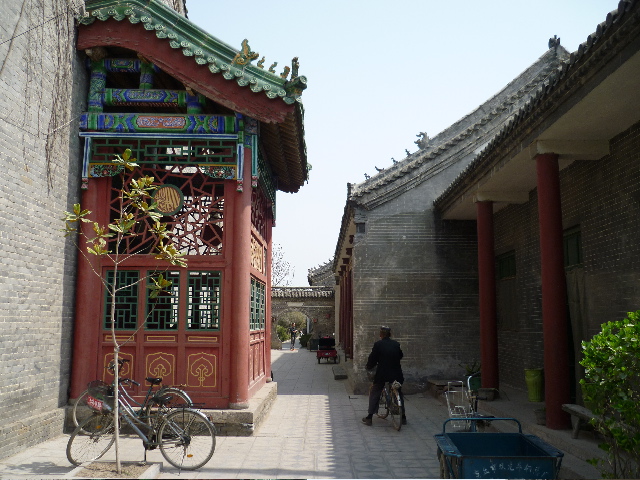Peru: deadly attack on family of miner leader
The wife and infant son of a local leader of independent artisenal miners were assassinated in the community of Pamputa, Peru—with suspicion falling on mining giant Xstrata.
The wife and infant son of a local leader of independent artisenal miners were assassinated in the community of Pamputa, Peru—with suspicion falling on mining giant Xstrata.
Nicaraguan civil society groups in the Caribbean region have challenged plans by a Hong Kong company to build an interoceanic canal through the Central American country.
Indigenous Lenca communities continue their protests against the Agua Zarca dam; they accuse the army in the death of one protester and the wounding of his son.
Nicaragua sealed a pact granting Chinese business magnate Wang Jing exclusive rights to build a multibillion-dollar inter-oceanic canal through the Central American nation.
Ecuador’s trans-Andean pipeline burst, fouling small farms near the Pacific coast, while Peru declared a state of emergency in the Amazon’s Pastaza Basin over oil contamination.
Protesters crashed the opening of the Expominas trade fair at the Quito Exhibition Center, where Ecuador's government sought to win new investors for the mineral and oil sectors.
Whether the gains of Hugo Chávez's Bolivarian Revolution will survive his passing depends on how genuinely it is based on popular power, not just that of a charismatic leader.
With Chinese investment, Nicaragua is moving ahead with a new inter-oceanic canal plan—in a race with Panama, which is expanding its own canal for a new era of global trade.
Mexican drug cartels that use cattle ranching to launder narco-profits as well as Chinese-backed illegal timber gangs are eating into Guatemala's vast Maya Biosphere Reserve.
Campesinos in Peru’s Cajamarca region pledge to block operations of Newmont Mining company that they say are preparatory to the controversial Conga gold mine project.
Campesinos in Peru’s northern Piura region pledge to resist announced plans by Chinese mining company Zijin to move ahead with the long-contested Río Blanco copper project.

A court in Honduras convicted seven men in the 2016 murder of indigenous rights activist Berta Cáceres. Until her assassination Cáceres had been leading a campaign against the Agua Zarca dam, a joint project by Honduran company Desarrollos Energéticos SA (DESA) and Chinese-owned Sinohydro. The dam was being built on the Rio Gualcarque without prior consultation with the Lenca indigenous community that depends on the river for their food and water. Cáceres, who won the prestigious Goldman Environmental Prize in 2015, had received numerous threats for her activism against the dam before she was killed by gunmen at her home in the town of La Esperanza. Two of those convicted are former DESA managers. (Photo by UN Environment/ONU Brasil via Wikimedia Commons)